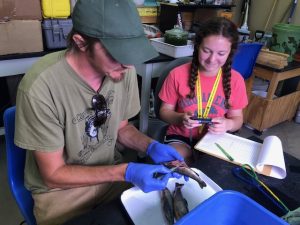Last Sunday (Jan. 26), more than 300 students gathered for the 14th Annual Fraternity and Sorority Life Awards Ceremony held in the Memorial Union Ballroom. In addition to the many student awards presented, Order of Omega, the Greek Life Honor Society that coordinates the awards, took the time to recognize some exceptional faculty and staff members.
There are more than 460 students in fraternities and sororities at Michigan Tech, and Order of Omega wanted to emphasize that these awards were coming directly from the students.
The following faculty and staff members were nominated by members of the Greek community and recognized at the 2020 Fraternity and Sorority Life Awards Ceremony (winners are in bold type):
Faculty
- Jeana Collins (Chemical Engineering)
- Karyn Fay (Medical Laboratory Science)
- Gretchen Hein (Engineering Fundamentals)
- John Jaszczak (Chemistry and Physics)
- Roger Woods (College of Business)
Staff
- Nancy Byers Sprague (Graduate Degree Services)
- Joseph Cooper (Student Financial Services)
- Julie Ross (Civil and Environmental Engineering)
- Rochelle Spencer (Student Leadership & Involvement)
- Travis Wakeham (Biological Sciences)
Advisors
- Danielle Cyrus (Financial Services and Operations)
- Nathan Manser (Engineering Fundamentals)
- James Schmierer (College of Forest Resources)
These nominations were written by individual students and were supported by an entire fraternity or sorority.
Congratulations to all of these faculty and staff members who were nominated and thank you for inspiring and motivating students.
A complete list of all the award winners can be found on the Student Leadership and Involvement web page.
By Student Leadership & Involvement.
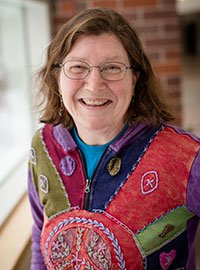
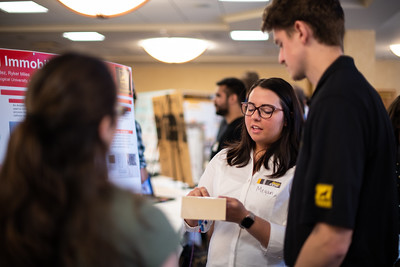
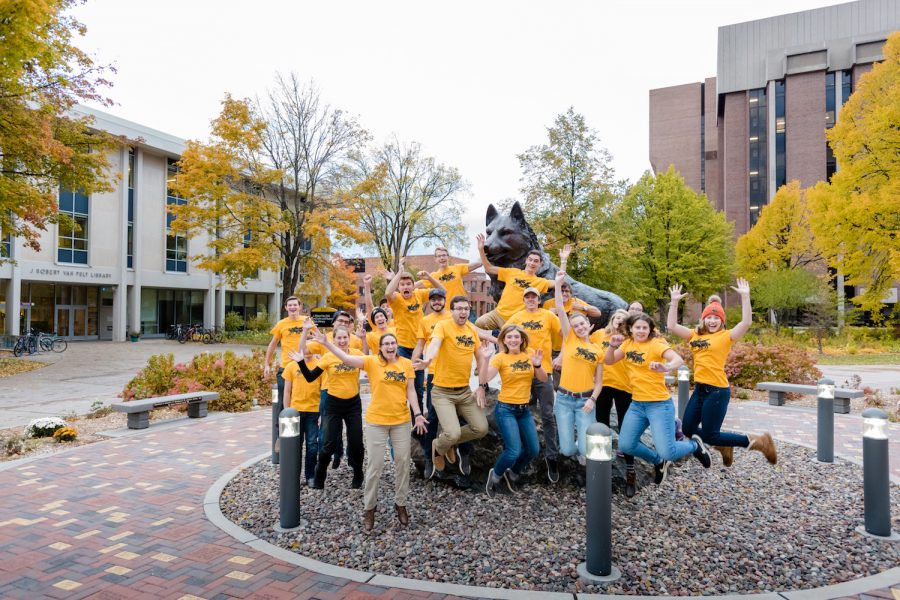
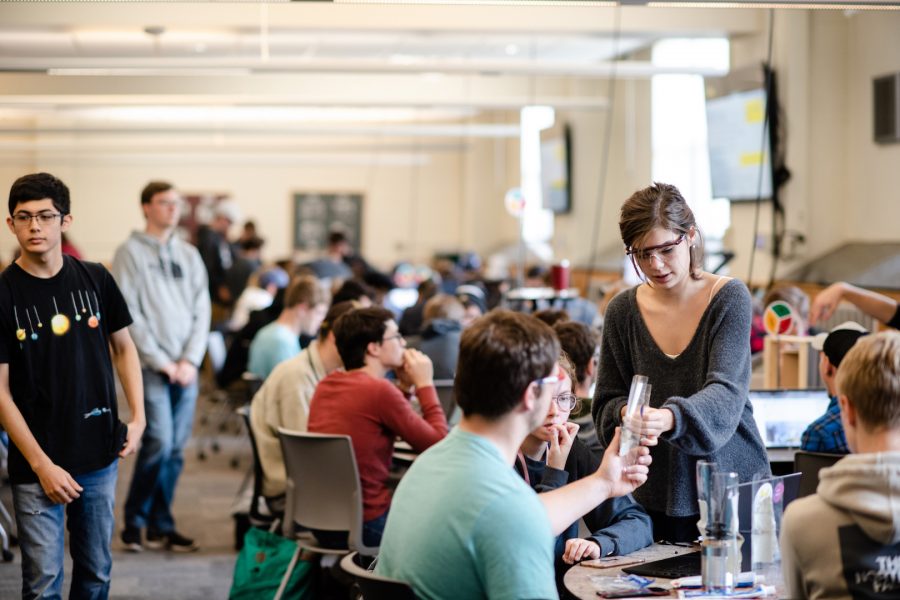
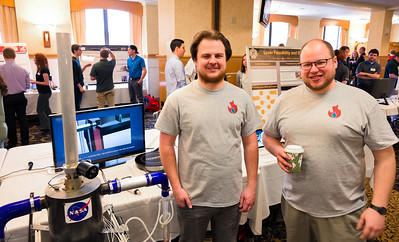
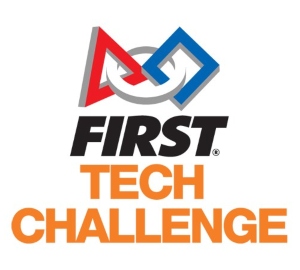 The SnowBots Middle School Robotics teams competed in Kingsford last weekend for the Yeti Cup U.P. FIRST Tech Challenge robotic qualifier competition. All three teams were in the finals and brought home awards from the competition. SnowBots teams are open to area sixth-eighth grade students, and meet at Houghton Middle School.
The SnowBots Middle School Robotics teams competed in Kingsford last weekend for the Yeti Cup U.P. FIRST Tech Challenge robotic qualifier competition. All three teams were in the finals and brought home awards from the competition. SnowBots teams are open to area sixth-eighth grade students, and meet at Houghton Middle School.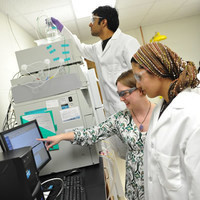 The
The 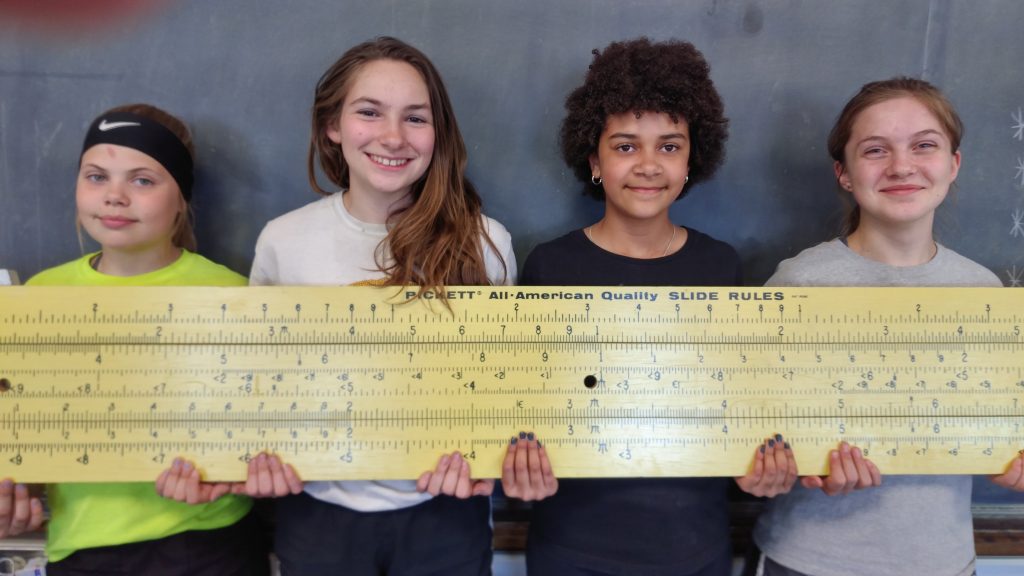
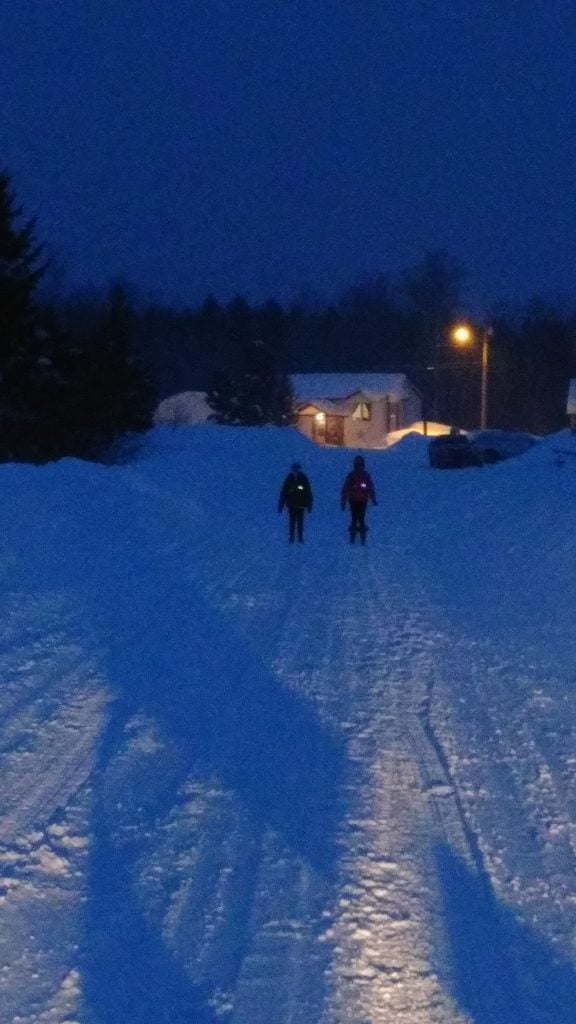
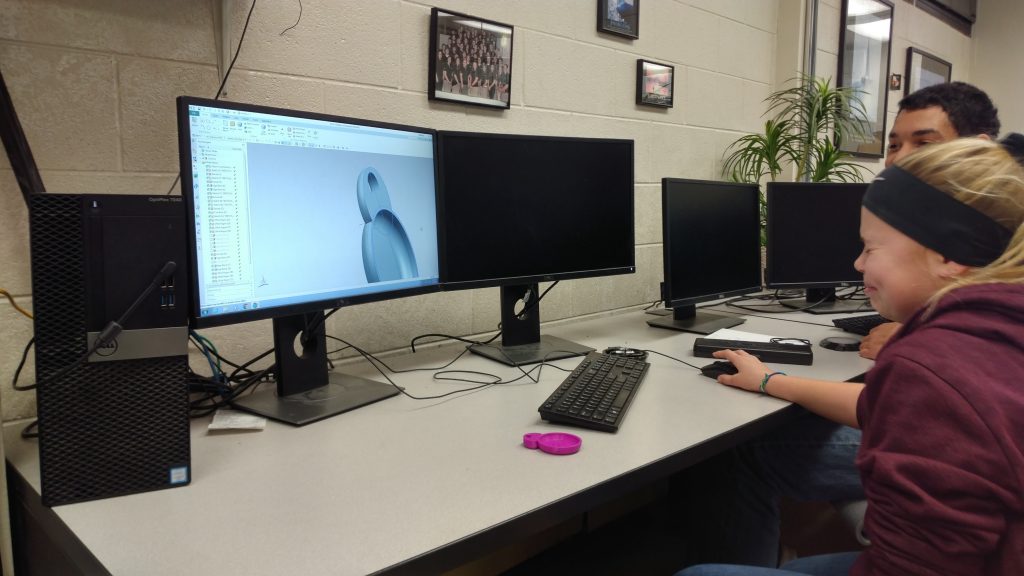
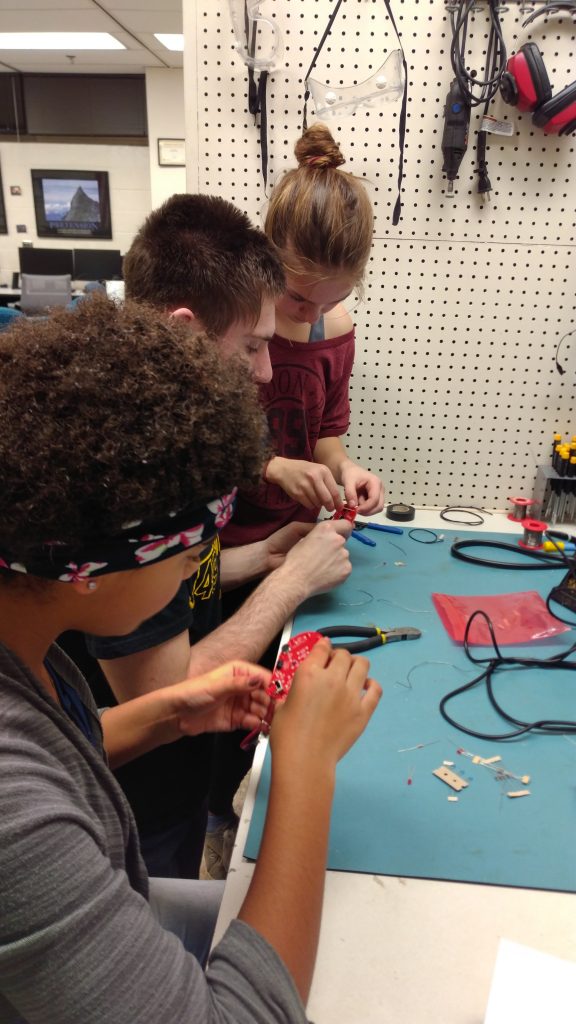
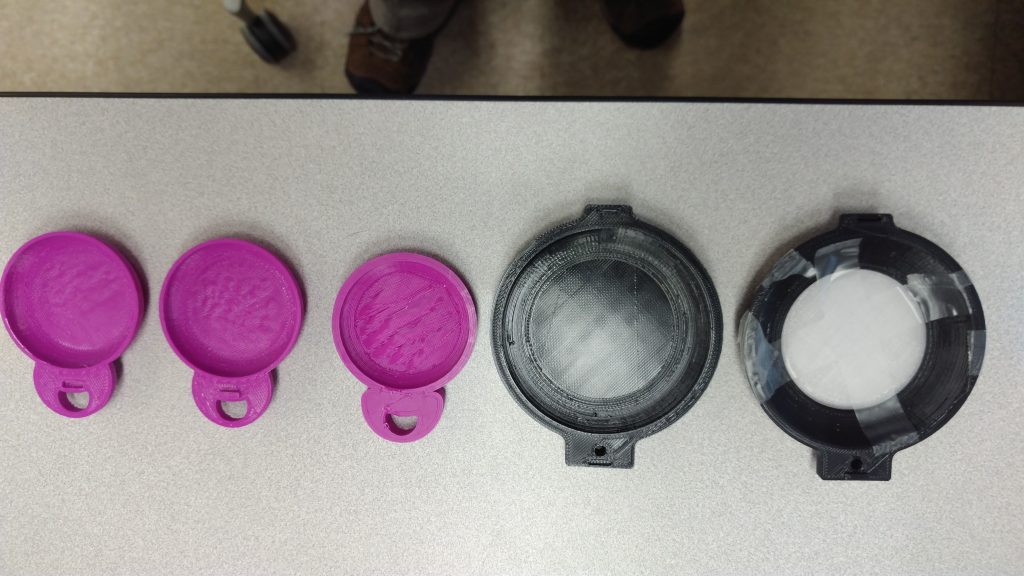
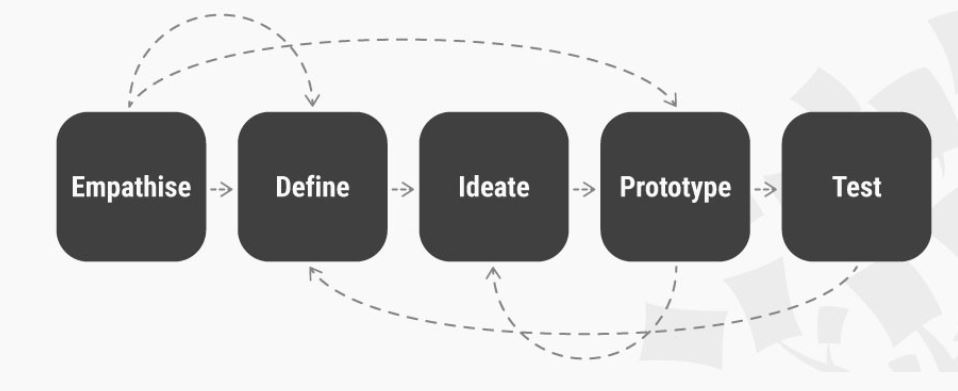
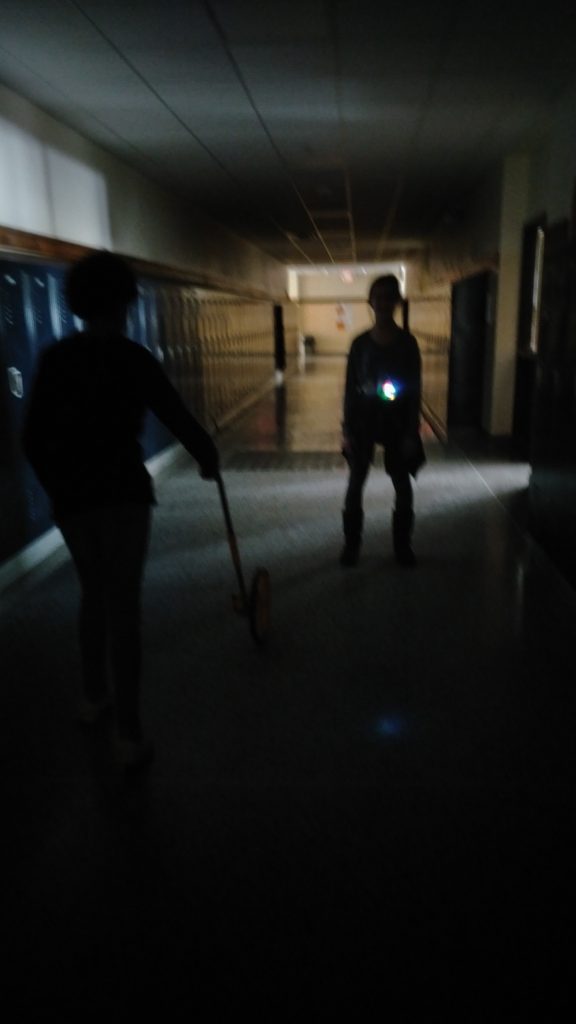

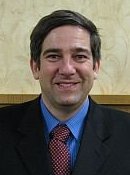
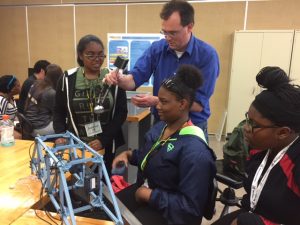 Eighteen high school students from Detroit and across the lower peninsula are spending six days at Michigan Tech from July 22-27, 2019, to explore Natural Resources and Engineering majors and consider attending Michigan Technological University. This is the 5th year that the program has been conducted.
Eighteen high school students from Detroit and across the lower peninsula are spending six days at Michigan Tech from July 22-27, 2019, to explore Natural Resources and Engineering majors and consider attending Michigan Technological University. This is the 5th year that the program has been conducted.